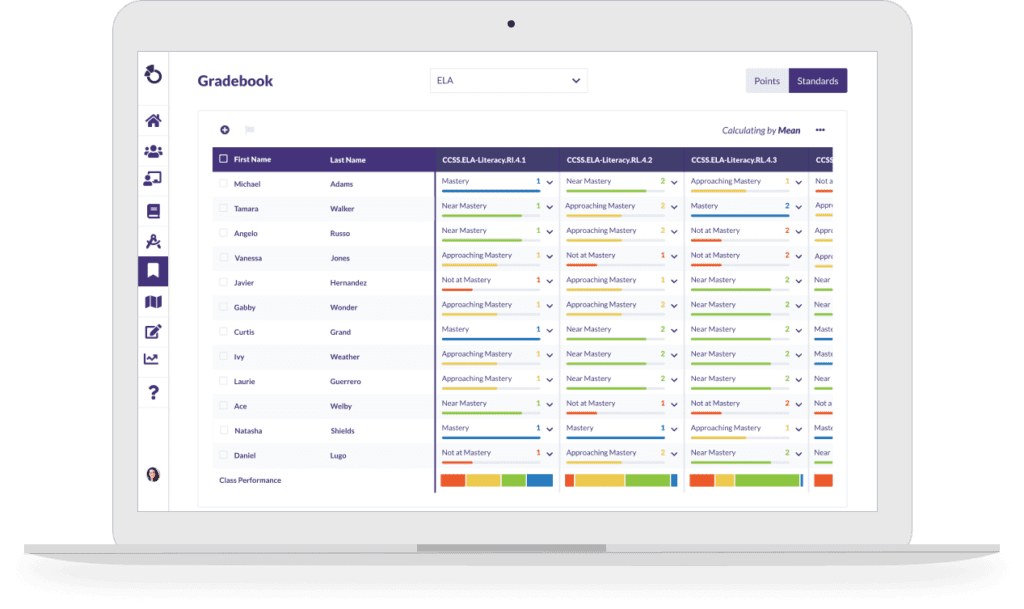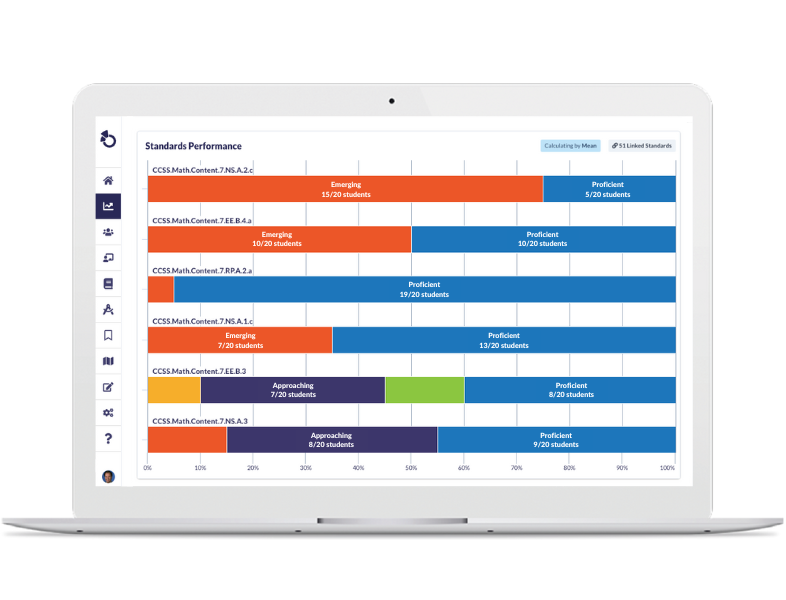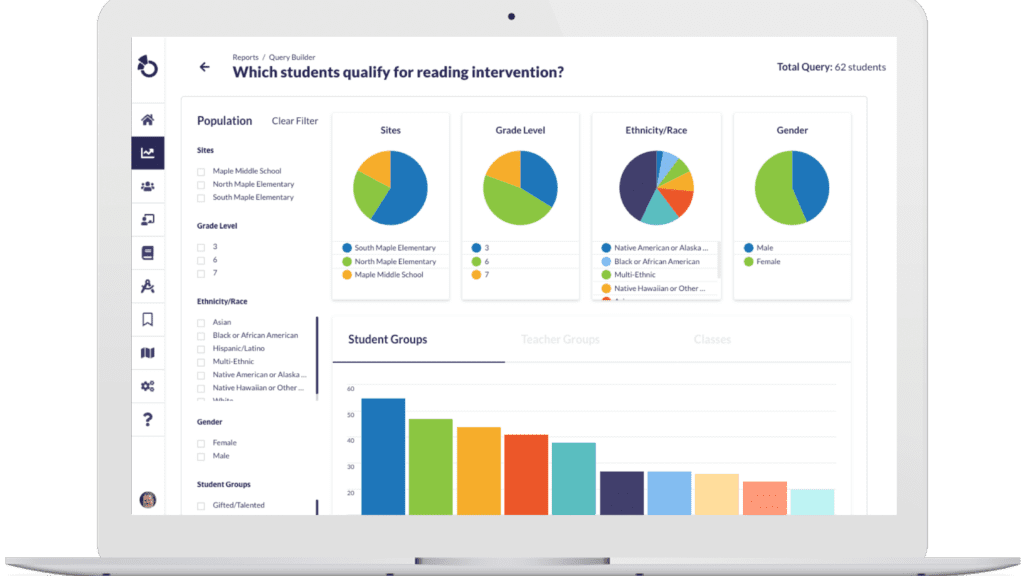The 3 Grading Reform Challenges Every School Leader Must Overcome
By: Kendell Hunter
Transitioning to more meaningful assessment, grading, and reporting practices can create a variety of unintended consequences for school and district leaders. Identifying and overcoming the most common challenges is key to effective assessment and grading reform.
Watch this webinar featuring Dr. Matt Townsley, Assistant Professor of Educational Leadership at the University of Northern Iowa, and Becky Peppler, Director of the FIRST Education STAGR Center, to learn about the most common challenges that arise and practical ways for district leaders to address them.
Examples of challenges that will be discussed include:
- "Giving points is more accurate than using levels of proficiency."
- "My students are not good test takers. Now, only their assessments count?"
- "These changes won't prepare our students for the real world."
Ready to learn more about how Otus can support standards-based grading initiatives in your school community? Get in touch with our team!
Three Tips for Successful Grading Reform
Purposeful Grading and Assessment
Traditional grading systems often assign points to every activity without discernment, potentially skewing a student's true academic standing. By ensuring that grading is purposeful and aligned with well-designed assessments, educators can more accurately reflect a student's understanding. Purposeful grading is essential for pinpointing where a student is in their learning journey, allowing for tailored instruction and ensuring academic progression.

Otus’ standards gradebook organizes student progress by the learning standards that are being measured, rather than a single assessment, so you can look holistically at any skill and follow a student’s journey towards mastery.
Reframing Grading through Diverse Assessments
Grading shouldn't solely rely on formal tests. By incorporating a variety of assessment methods, from informal conversations to written evaluations, grading can provide a more comprehensive view of a student's achievements. This approach ensures that all students, irrespective of their preferred learning style, have an equitable chance to showcase their knowledge, leading to more accurate and holistic grading.

Otus provides the assessment and standards insights you need in real time. Use interactive visuals to see a total picture of student performance on any assessment – including by learning standard so you can identify content that needs to be retaught as well as what you can move past in future instruction.
Grading Based on Common Learning Outcomes
Instead of relying heavily on standardized assessments for grading, the emphasis should be on shared learning outcomes. This shift allows educators to grade based on a student's demonstration of understanding, accommodating individual learning styles and needs. Such an approach promotes a more inclusive grading system, ensuring that grades truly represent a student's mastery of the content.
Related Resources
Request a demo!
See exactly how Otus can help your school accelerate student growth and improve student outcomes – all while saving educators time.




